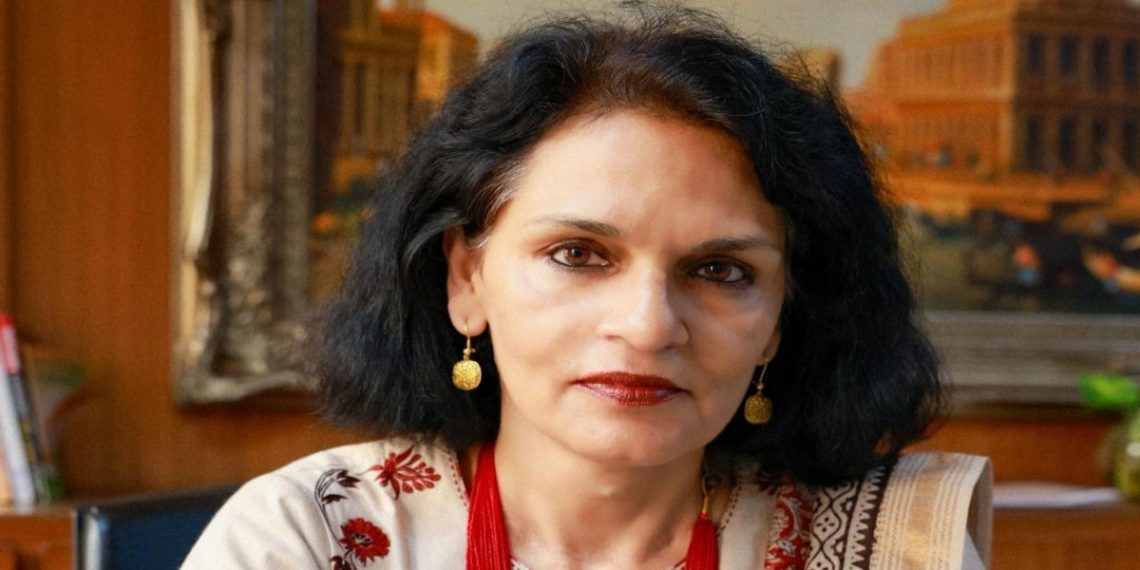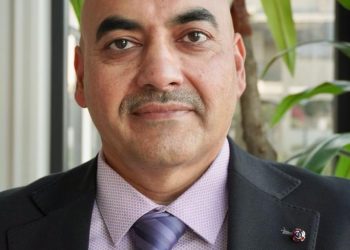The International Baccalaureate (IB) is more than just an academic programme. It lays the foundation for globally competent learners by creating a comprehensive, skill-based framework that sparks curiosity and inquisitiveness. As students are nurtured, the IB emphasises conceptual learning, critical thinking, and interdisciplinary learning. This approach ensures they are ready to succeed in the 21st century with the required skill set. The IB offers tremendous potential compared to the traditional methods that emphasise rote learning.
While many shift to the IB curriculum after high school, the holistic development of students who experience the IB continuum early on is undeniable. From the Primary Years Programme (PYP) and Middle Years Programme (MYP) to the Diploma Programme (DP) and Career-related Programme (CP), a child learns at every step of the IB journey, transforming into a sharp, inquisitive, and innovative learner from the early years to graduation.
What Sets the IB Apart
It is not just the pedagogy but the encouragement for students to question everything that distinguishes it. The IB has multiple unique core components. The Theory of Knowledge (TOK) fosters inquisitiveness among students. The Extended Essay (EE), a 4,000-word independent research project, hones academic writing and investigative skills. The Creativity, Activity, Service (CAS) programme includes community service, physical activity, and creative pursuits for holistic development. These become the foundation of education, preparing students for university and life.
IB, with its global impact, is the right choice for students aiming for education and career opportunities worldwide. Applying for scholarship programmes also helps students gain entry into their dream colleges, and the rigorous IB curriculum prepares them for such achievements. Students can benefit from university counselling programmes offered by some top schools from Grade 9 onwards. These include portfolio development, psychometric testing, subject selection guidance, and career workshops.
Shifting to an IB school is a major decision, and parents and students must consider all aspects. With a shift from marks-focused achievement to growth-oriented learning, the IB is gaining popularity not only in metropolitan cities but also in tier-2 cities. While it requires commitment, self-discipline, and long-term planning from students, educators must also rise to the challenge. Seek schools with IB-certified teachers and global exposure.
I advise parents considering IB enrolment to view it as a journey that develops resilient, adaptable, and globally competent students rather than merely an academic programme. Since it fosters growth through service, creativity, and leadership alongside academics, it requires dedication and balance. Children who are curious, open-minded, and willing to embrace challenges are the best candidates for the IB, which opens doors to top colleges and diverse career paths worldwide.



























































